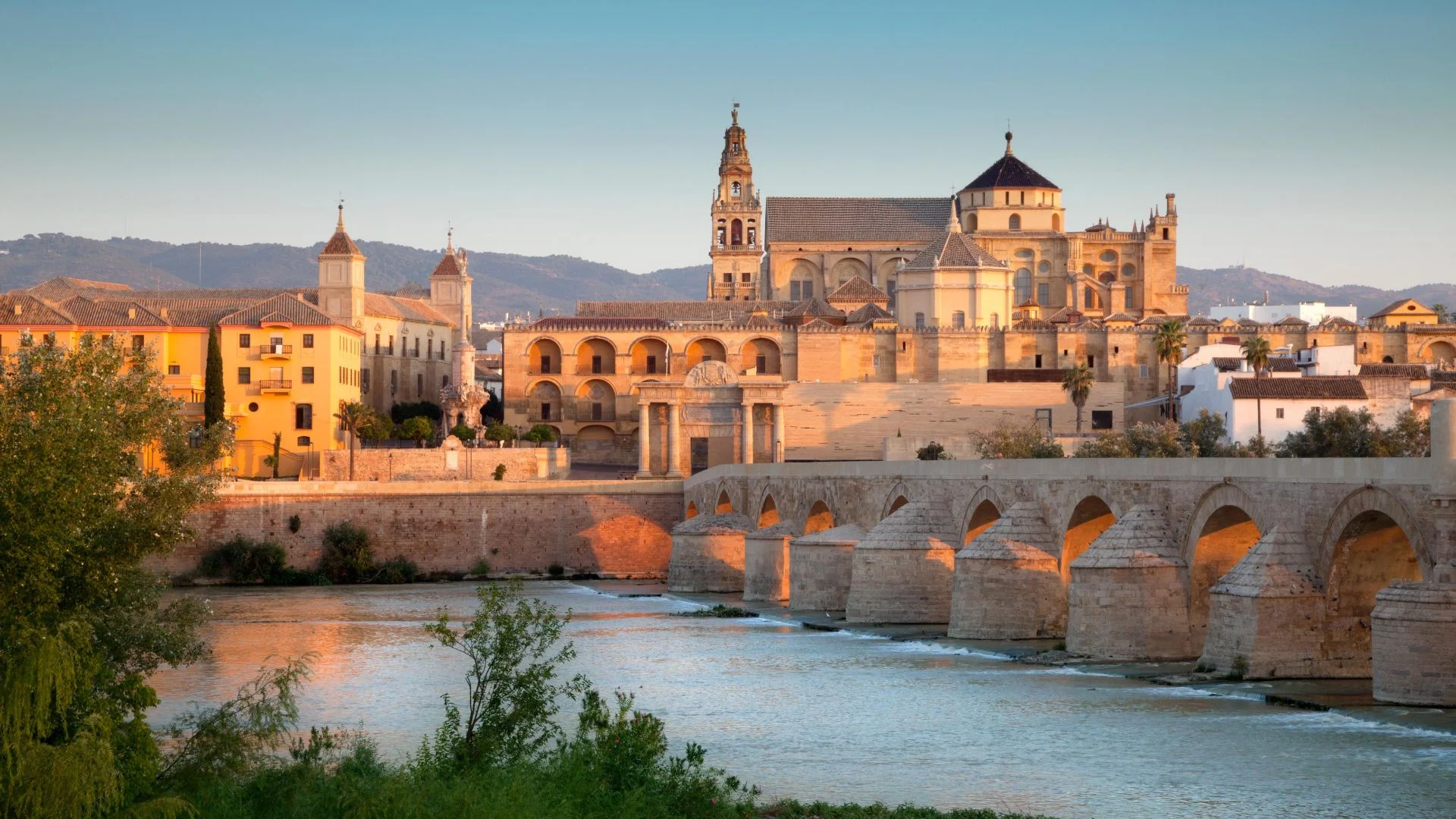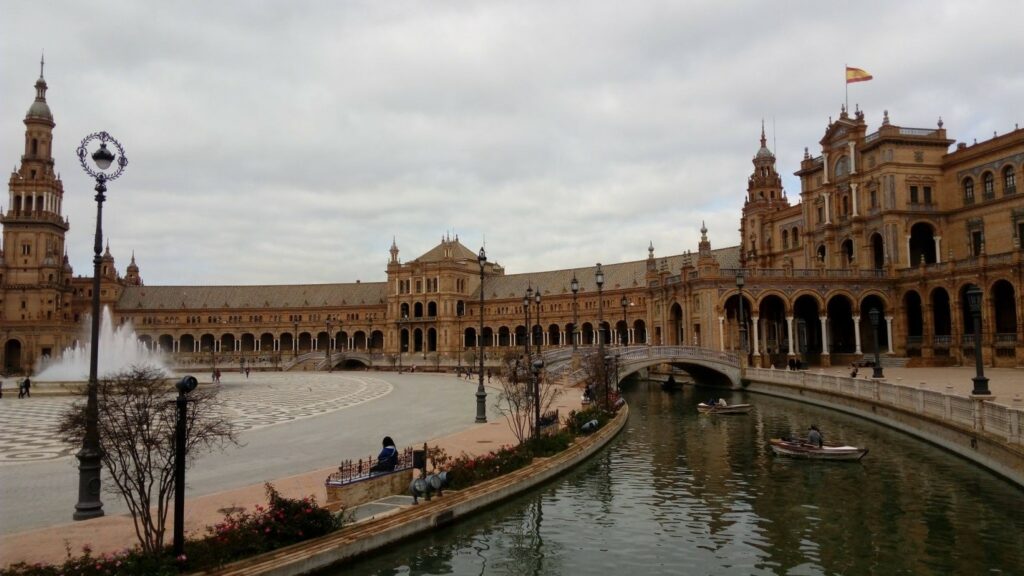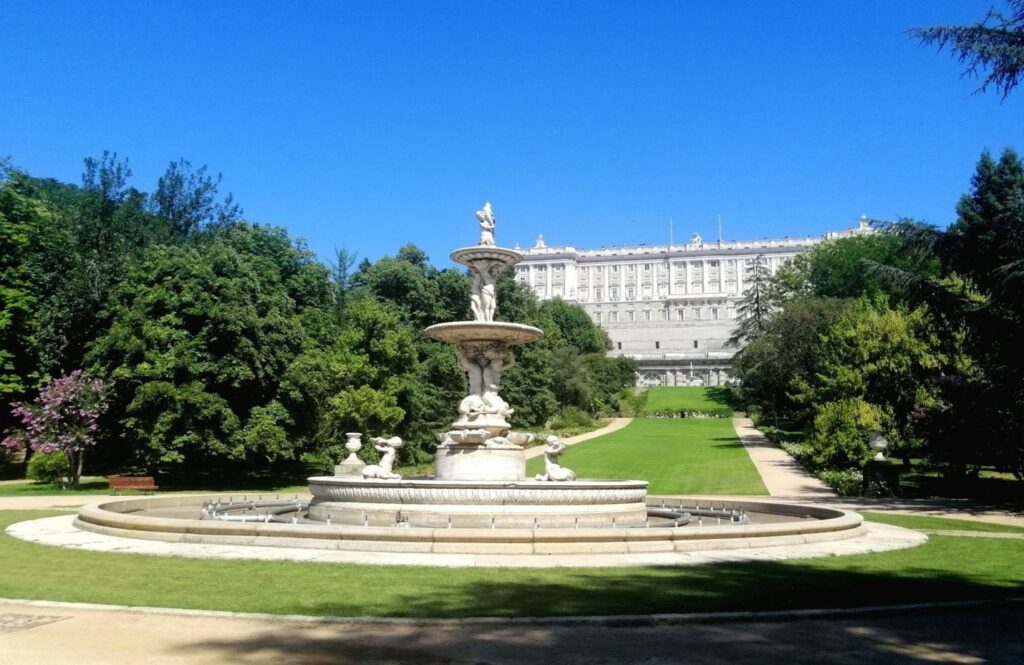
If you are planning to relocate to Spain without intentions of working, especially during the first year, or if you are considering retirement within the country, obtaining a non-lucrative visa is the most fitting option for your residency plans.
What is a Non-Lucrative Visa?
The non-lucrative residence visa is designed for non-EU citizens in Spain who can self-fund their stay in the country without engaging in employment. This visa, initially valid for one year from the date of entry into Spain, can be renewed every two years, ultimately leading to permanent residency after five years. Notably, this visa prohibits any economic or professional activity in Spain, emphasizing its non-profit nature.
For applicants to be considered successful, it is of great importance to demonstrate ample self-funding to cover their expenses, ensuring that their stay does not impose a burden on the government. This visa extends to family members, allowing them to join the applicant in Spain.
Benefits of the Residency Permit
- Reuniting with your family as they accompany you
- Attaining long-term residency leading to potential nationality
- Engaging in investments as employment is not permitted
- Exploring educational opportunities and unpaid internships
- Obtaining this permit without the requirement of an investment
- Enjoying unrestricted mobility in Europe

Applicants are required to provide evidence of sufficient financial means in their bank account.
The bank account balance must be equivalent to 400% of the IPREM annually, amounting to €28,800 for the main applicant. However, for a more successful application, it is advisable to maintain a slightly higher balance.
Family members, including spouse and children under the legal age or over – provided responsibility is demonstrated – can be included in the application. However, opting for a joint application to bring additional relatives increases the minimum required funds. Each accompanying family member necessitates an additional demonstration of 100% of the IPREM, equating to an extra €7,200 annually.

Application process:
The legal process consists of two main stages: applying for a visa in the applicant’s country of origin and obtaining a residence card upon entry into Spain.
Visa application
The application for a residence authorization must be initiated in the applicant’s country of origin or the location where they hold legal residency.
Entering Spain as a tourist won’t allow management of the application. However, the start of an application must take place from outside the country. Begin by sending all relevant documents to the Spanish consulate. Upon approval, the visa will be officially stamped in your passport, allowing you to advance to the next phase: traveling to Spain.
Obtaining the TIE or Foreigner’s Identity Card
Upon arrival in Spain, the initial step is to register in the municipality of your residence. Within a maximum period of one month, visit a police station to complete the fingerprint registration process and obtain the TIE (foreigner’s identity card).
Required Documents
To fulfill the requirements, you will need the following:
- National visa form.
- Form Ex-01.
- Insurance must be from a private Spanish company, not an international one
- Bank certificate demonstrating an annual possession of at least €28,800
- Photos should be 3×4 cm in size with a white background.
- Original Passport.
- A medical certificate confirming the absence of any recognized diseases that would hinder entry into the country
- Officially translated and approved criminal records
Seeking legal advice?
Consult our legal experts for any inquiries you may have.
